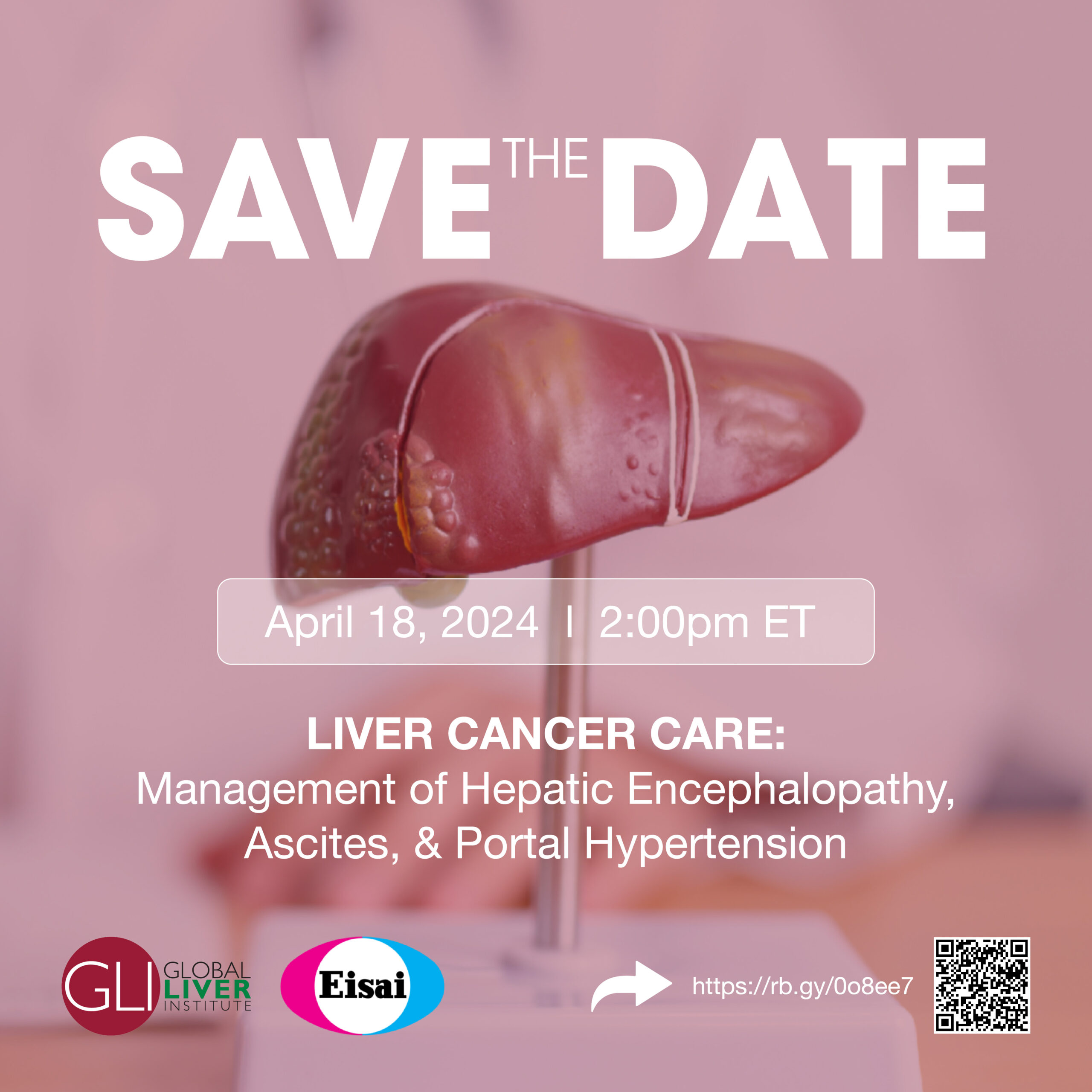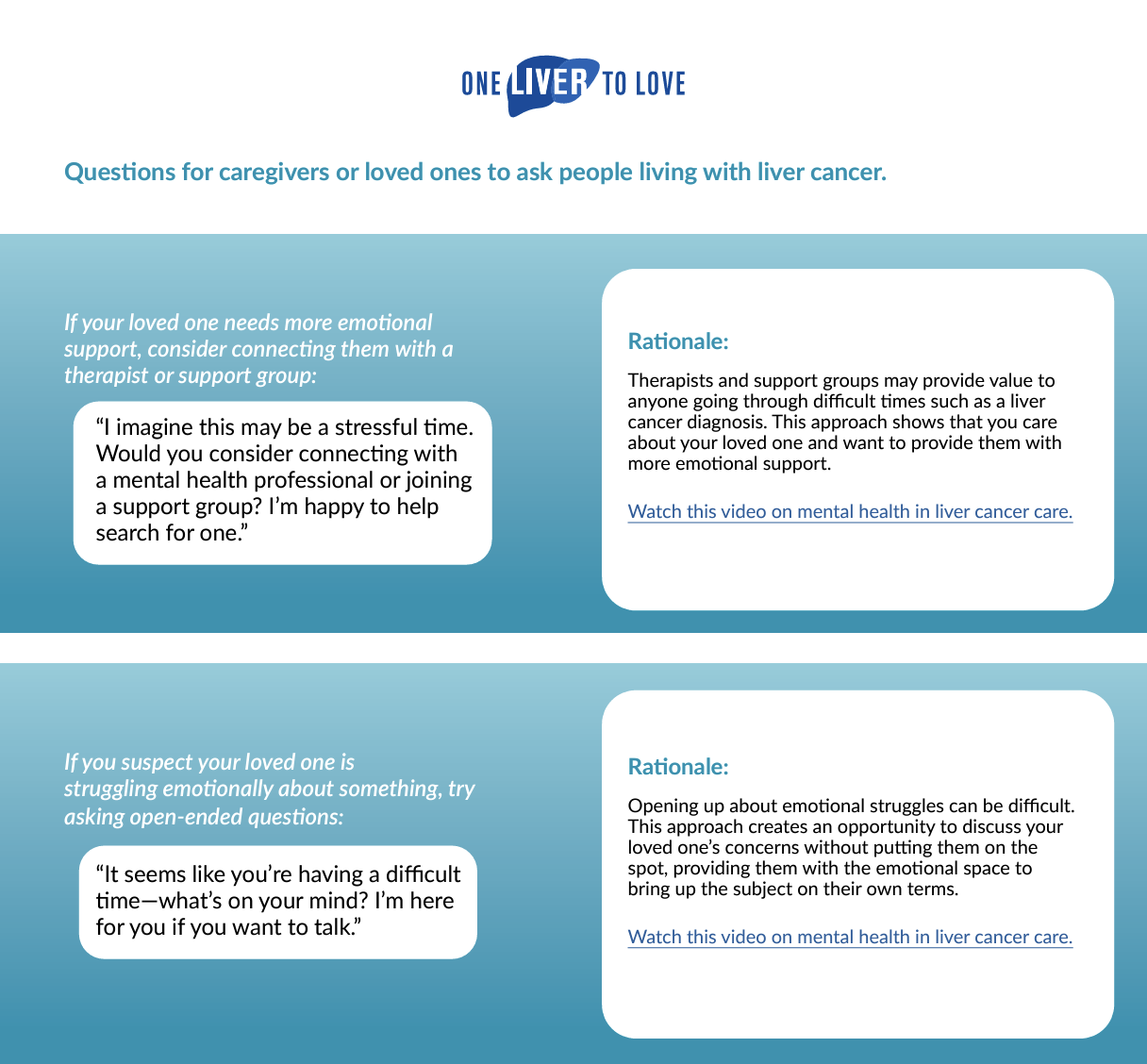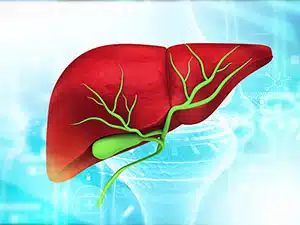
Liver Cancer Care: Management of Hepatic Encephalopathy, Ascites, & Portal Hypertension
Please join us on April 18 for a liver cancer care webinar open to patients, caregivers, and health care professionals. Experts will discuss topics relevant to the care and treatment of liver cancer and its symptoms so that patients and providers alike can make informed care decisions.
Stanford study suggests new screening guidelines for diabetes and liver cancer
Individuals with diabetes are two to three times more likely to develop liver cancer than those without it. Recently, researchers have discovered that individuals with type 2 diabetes have elevated levels of advanced glycation end products (AGEs), a form of protein or lipid that form after exposure to sugar. High levels of AGEs cause the liver to become more elastic, which can cause liver cells to behave invasively. Liver elasticity, just like liver stiffness, can be screened for by a non-invasive magnetic resonance elastography, a preventive and non-invasive screening that could be made available to high-risk individuals with diabetes.
One Liver to Love conversation cards released
Global Liver Institute has partnered with One Liver To Love to bring patients and their families educational resources and support services to help navigate the challenges of liver cancer. These conversation starters have been crafted to create easy entry points for considerate and insightful conversations about the day-to-day challenges faced by individuals with liver cancer and their loved ones. Whether it involves tactfully seeking assistance or employing empathetic strategies to comprehend each other’s needs, these cards can be valuable tools to overcome the common discomfort around open and effective communication about liver cancer care.
Finding the right target to treat biliary tract cancers
Biliary tract cancer (BTC) cholangiocarcinoma, a rare form of primary liver cancer. Currently, BTC has a high mortality rate with a five-year survival rate ranging from 2% to 23% per the NCI’s SEER database. To increase BTC survival rates, researchers are exploring multiple targeted therapies that target fibroblast growth factor receptors 2 (FGFR2) inhibitors or the immune checkpoint molecule PD-1. These therapies have shown some increase in survival time, but researchers aim to develop a treatment that can significantly extend patients’ lives.
Canadian/French research team identifies biomarker related to treatment failure
Hepatocellular carcinoma (HCC) is the most common form of primary liver cancer with low five-year survival rates relative to other primary cancers. Approximately 75% of patients with advanced HCC who seek treatment fail to respond to immunotherapy. Professor Maya Saleh and her team have focused on finding a biomarker for patients whose HCC is associated with fatty liver disease. Their research revealed that chronic inflammation from fatty liver disease leads to the expansion of immunosuppressive cells that express an inflammatory receptor known as TREM1, which hinders the ability of the body’s immune system to attack the tumor. This biomarker, however, could be a promising target for treatment of HCC patients with a history of fatty liver disease.
Sanofi guarantees employees a year’s salary after cancer diagnosis
After a cancer diagnosis, many employees hesitate to inform their employers of their illness for fear of losing their jobs. However, Sanofi, GLI partner and a global healthcare and pharmaceutical company, has taken a commendable step by guaranteeing their employees’ salaries and benefits for at least twelve months after a cancer diagnosis. Through their Cancer & Work: Acting Together support program, Sanofi has already assisted two hundred employees and provided them with access to confidential cancer counseling. Other employers who wish to champion the health and well-being of their employees (especially those who may face cancer) should look to this program as an exemplar of comprehensive social, emotional, and financial support.
Liver cancer impact in Mississippi among largest in the U.S.
Rates of liver cancer have been on the rise globally for the past 30 years. However, in the United States, Mississippi stands out with a significant increase in death rates, particularly among white men, who have the second highest rates of liver cancer deaths in the country. The state has high rates of hepatitis B and hepatitis C infections, which are major risk factors for liver cancer. These infections are often transmitted through the sharing of contaminated needles during drug use and unprotected sex. To combat this issue, individuals at risk must seek screening for HBV, HCV, and liver cancer to reduce the rates of liver cancer in the state.
Upcoming Events:
- Daily: Blue Faery’s Liver Cancer Community
- March 12: EASL Molecular Tumour Board on Cholangiocarcinoma
- 1st Thursday and 3rd Monday of each month: CCF, Patient Support Groups
- 3rd Thursday of each month: CCF, Caregiver Support Group
For more information about the Liver Cancers Council or to learn more about joining, please visit https://globalliver.org/liver-cancers-council/ or email cancer@globalliver.org



